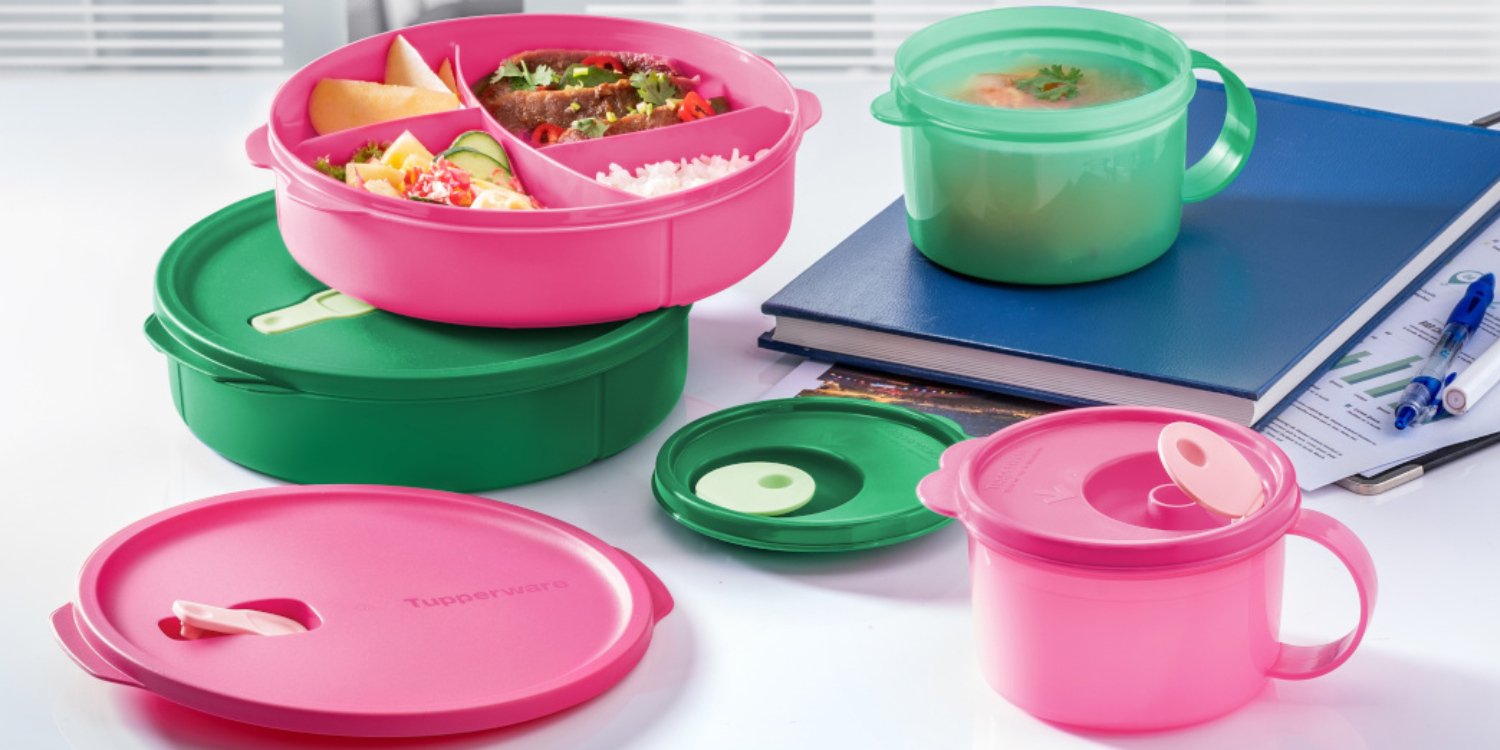For decades, Tupperware has been a symbol of organized kitchens and home-based entrepreneurship. The brightly colored, airtight containers were more than just plastic—they represented innovation, quality, and community. But in recent years, the company has faced serious challenges, sparking widespread speculation and concern about Tupperware going out of business. Consumers, investors, and long-time consultants are left wondering: Is this truly the end for the iconic brand?
In this article, we’ll explore the factors that led to the current crisis, the history and evolution of the company, and what this potential shutdown means for the millions who have relied on Tupperware for decades. We’ll also discuss possible outcomes and whether the brand can survive in the ever-changing global marketplace.
A Brief History of Tupperware’s Rise
Founded in 1946 by Earl Tupper, Tupperware quickly became a kitchen staple. What set it apart wasn’t just the revolutionary plastic containers with airtight seals, but also the unique method of distribution—home parties hosted primarily by women. This direct-sales model empowered thousands of women in post-war America to become entrepreneurs, building careers and communities around the product.
Through the mid-to-late 20th century, Tupperware expanded globally. It was more than a brand—it was a movement. Its success was built on innovation, strong customer loyalty, and a human-centered business model. But as time progressed, the same strengths became weaknesses in a rapidly digitalizing world.

What Went Wrong?
As times changed, Tupperware struggled to keep pace with shifting consumer behavior, market dynamics, and e-commerce trends. Here are some of the core issues that brought the company to the brink:
Failure to Embrace E-Commerce
While competitors moved swiftly into online marketplaces, Tupperware clung to its traditional direct-selling roots. This delayed digital transformation caused a significant disconnect with younger generations, who prefer the convenience of online shopping over home parties.
Supply Chain Disruptions and Rising Costs
Like many companies, Tupperware was not immune to the supply chain crises triggered by the COVID-19 pandemic. The costs of raw materials, labor, and transportation surged, affecting production and delivery timelines. The company couldn’t effectively pivot or absorb the financial impact, resulting in declining profits.
Brand Perception and Market Competition
Over time, Tupperware’s once-premium image began to blur. The market was flooded with inexpensive, aesthetically pleasing alternatives from brands like IKEA, Rubbermaid, and even generic Amazon sellers. These competitors offered similar functionality at lower prices and with greater accessibility, diminishing Tupperware’s unique value proposition.
Financial Red Flags
By early 2023, Tupperware’s financial troubles became evident. The company announced it might not have enough cash to stay in business, triggering panic among investors and fans of the brand. Stock prices plummeted. In an April 2023 SEC filing, Tupperware stated “substantial doubt about its ability to continue as a going concern.”
This declaration didn’t mean immediate closure, but it was a formal warning sign that Tupperware going out of business was a very real possibility. It signaled major liquidity issues and cast doubt on the brand’s ability to recover without significant restructuring or external assistance.
Tupperware Going Out of Business – A Wake-Up Call for the Industry
The Impact on Direct Sales Consultants
Thousands of Tupperware consultants worldwide depend on the brand for supplemental or full-time income. The uncertainty surrounding the company’s stability has put their financial futures in limbo. The collapse of the brand would not only result in lost income but also the loss of decades-long community networks built around shared business goals.
Retail and Consumer Behavior Shifts
If Tupperware goes out of business, it will reflect a broader trend in consumer behavior. Modern shoppers prioritize ease, convenience, and speed—qualities that Tupperware’s traditional sales model has struggled to deliver. The rise of one-click buying and influencers as product ambassadors has changed the retail landscape, favoring digital-first brands.
Is There Hope for a Turnaround?
Despite the ominous headlines, Tupperware isn’t entirely down for the count. There are potential paths to survival—though each comes with its own challenges.
Strategic Partnerships and Investments
There has been speculation that private equity firms or other retail giants might step in to rescue or acquire Tupperware. A strategic investment could revamp the business model and inject capital to support a digital transformation. However, such a move would require massive restructuring, from supply chains to branding.
Rebranding and Modernization
Tupperware’s best chance of revival lies in embracing digital platforms and e-commerce. A brand refresh focused on sustainability, minimalist design, and influencer partnerships could re-engage younger audiences. Some efforts have already begun, such as collaborations with Target and new product lines, but these may be too little, too late without broader organizational reform.
Bankruptcy and Restructuring
Filing for Chapter 11 bankruptcy could give the company breathing room to reorganize without shutting down entirely. This approach would allow Tupperware to reduce debt, reevaluate assets, and potentially relaunch under new leadership or ownership.
What Consumers Should Know
For loyal Tupperware users, the idea of the brand disappearing is deeply emotional. If you rely on the company’s signature containers, here are a few things to consider in light of the news:
- Warranties May Be Affected: Tupperware’s long-standing reputation included generous product warranties. If the company shuts down, those warranties may no longer be honored.
- Inventory Availability Could Decline: If distribution slows or halts, certain products might become unavailable. Consumers may need to look to resale markets or find suitable alternatives.
- Collectors May See Increased Value: Vintage Tupperware has always held nostalgic appeal. If the brand folds, older pieces may increase in value on secondhand marketplaces.
Tupperware’s Cultural Significance
It’s important to recognize that Tupperware going out of business is not just about a company closing its doors. It’s the potential end of an era. Tupperware played a vital role in post-war economic empowerment, particularly for women. It created an alternative pathway to financial independence long before remote work or gig economies were mainstream.
Home parties weren’t just sales events—they were social gatherings, support groups, and micro-economies. Losing Tupperware would mean losing a cultural icon, one that symbolizes both ingenuity and community.
Final Thoughts: Reinvention or Retirement?
The narrative of Tupperware going out of business is still unfolding, and while the outlook remains precarious, it’s not entirely hopeless. Like many legacy brands, Tupperware is at a crossroads. It can choose reinvention and modernization, or it can quietly fade away into history.
What the brand does next will determine whether it remains a relic of the past or finds renewed relevance in the future. For now, consumers, consultants, and nostalgic fans watch closely, hoping that this beloved brand can seal in success once again—just like its containers once sealed in leftovers.
FAQs
Is Tupperware officially going out of business?
Not yet. However, the company has warned of serious financial trouble and may not survive without significant changes or external investment.
What led to Tupperware’s current financial issues?
Major causes include outdated sales models, failure to adapt to e-commerce trends, rising costs, and increasing competition from newer, cheaper alternatives.
Can I still buy Tupperware products?
Yes, but availability may be limited depending on production and distribution changes. It’s a good idea to act quickly if you’re looking for specific items.
Will my Tupperware warranty still be valid?
It depends on the company’s survival. If Tupperware shuts down entirely, warranties may no longer be honored.
Are there alternatives to Tupperware?
Yes. Brands like Rubbermaid, OXO, IKEA, and even AmazonBasics offer high-quality food storage solutions at varying price points and styles.




